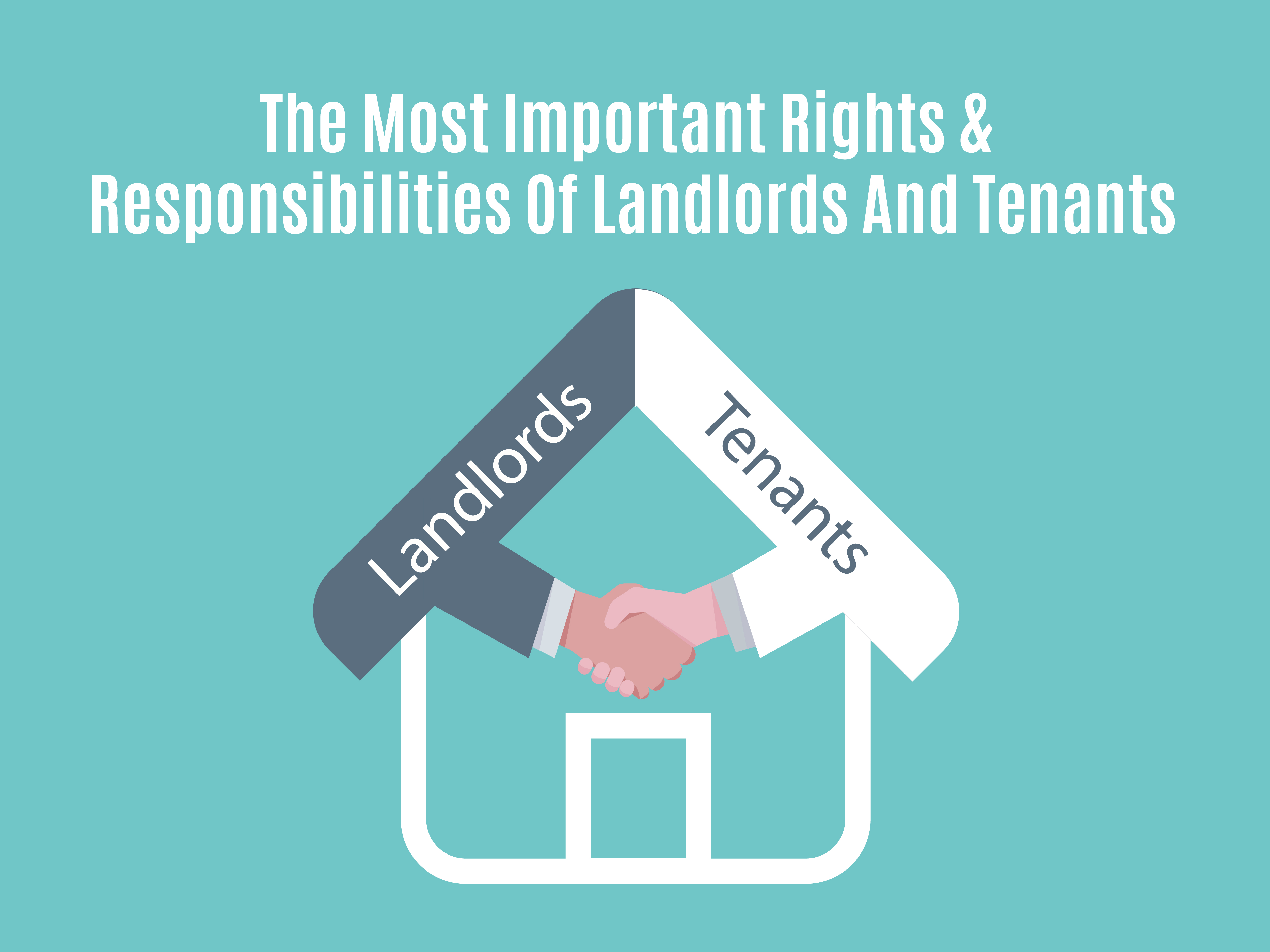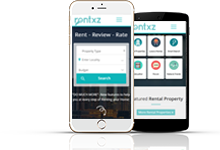
The renting of homes is a mutually beneficial undertaking for both homeowners as well as tenants. However, like every successful working relationship, this one also entails a set of rights and responsibilities that the two parties need to be aware of. This can help prevent a range of major and minor legal disputes and common misunderstandings that can take place in the absence of this information.
Here are some of the most important rights and responsibilities that landlords and tenants must know about.
1. The basic amenities and provisions that the landlord must arrange for
As per the Leave and License Agreement between the landlord and tenant, the landlord must provide the tenant with the following rights and privileges.
· The precise details of the licensed premises (the property being leased), including the floor and carpet area, access to common areas and residential amenities and information regarding the parking facility.
· The landlord must cooperate in the process of having the lease agreement legally stamped and registered at the sub-registrar’s office.
· Once the agreement has been signed, the landlord must allow the tenant uninterrupted use and occupation of the property for as long as the lease is valid (except in the case of extenuating circumstances).
· The landlord should assure the tenant of safety and privacy on the property, and should not inhibit the use of the residential amenities.
· Above all, the lease agreement must entitle the tenant to rightfully enjoy the use of the property and the associated amenities.
At the same time, it is incumbent upon the tenant to thoroughly inspect the property before moving in, in order to point out any existing damage, leakage or missing essentials to the landlord. The landlord must, then, have these things attended to. As a tenant, it is also within your right to request for the walls to be repainted before you move in.
2. The details of the security deposit and when it should be handed over
The security deposit is typically an amount equal to one to three months’ rent (inclusive of administrative fee), and should be handed over to the landlord by the tenant before he/she moves into the property. The security deposit safeguards the rights of the landlord while the tenant occupies the accommodation, and is duly returned to the tenant upon vacating the property.
3. Who is to bear the cost of repairs in the rental home?
In most cases, it is the landlord who bears the cost of repairs required in the home—especially in the case of structural damage and repair. However, in the instances of smaller damage caused by wear and tear, it is usually the tenant who pays for the repair required. However, it is recommended the two parties come to a clear understanding of the various instances where repair will be required and who will bear the cost for the same.
4. Under what circumstances can the tenant be asked to vacate the property?
Despite the stipulated time period for which the tenant is allowed to rightfully occupy the property, the landlord can choose to evict the tenant either with or without a cause.
In the case of eviction without a cause, it is mandatory for the landlord to allow the tenant a pre-decided notice period (this must be mentioned in the agreement) to vacate the property. On the other hand, the following are justified reasons for the landlord to evict a tenant without a mandatory notice period:
· A clear violation of the terms of occupation specified in the agreement.
· Any illegal activities carried out on the premises.
· Any form of serious damage caused to the leased property.
5. Are there any rules to govern an increase in the rental?
As with most financial transactions, there is a marginal increase in the rental each time the lease is renewed. Although the law does not set an upper limit on how much the landlord can choose to increase the rent with every year, the hike is usually in the range of 5-10 per cent. However, either party can choose to negotiate this amount before the lease is renewed.
It is essential for every landlord and tenant to stay informed and aware about his/her rights and responsibilities. RentXZ.com is India’s 1st real estate portal to be driven by customer-generated content, and it is the one-stop destination to check out detailed ratings and reviews of localities, rental accommodations, and also those of prospective landlords and tenants. It is important to be in the know when it comes to your home, because informed choices are the best ones to make.



0 Comments